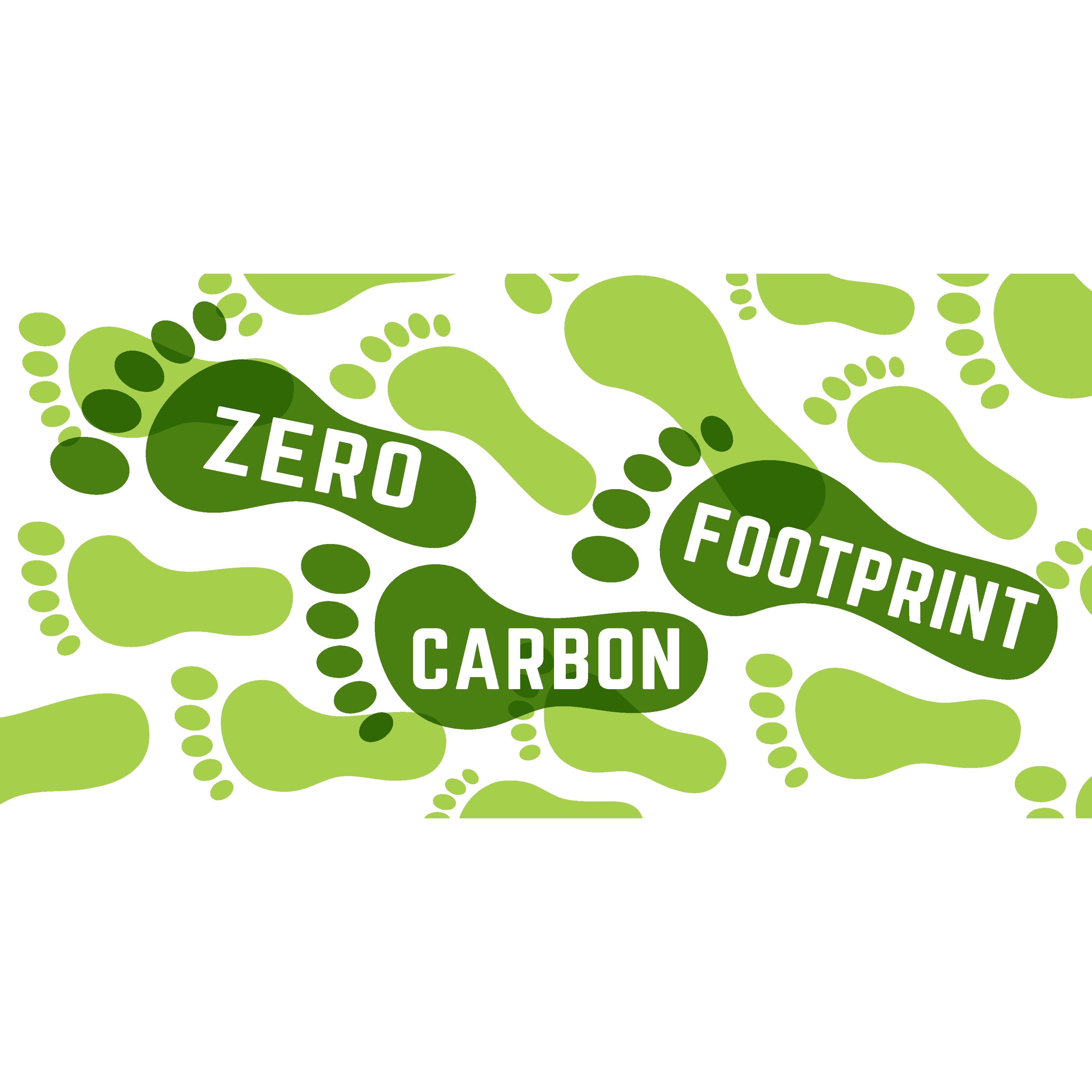OOH Helps Drive Sustainability Efforts -- Intersection

How can cities become more environmentally friendly? And how can businesses help them do that? The trend towards a more sustainable future is not only imperative among consumers; it is increasingly becoming a pivotal initiative for businesses who want to reach them.
The data bears this out. A Deloitte Report published in October 2021 shows that purpose-driven and inclusive marketing is one of several alternate and valued attributes for advertisers in recent marketing campaigns.
According to the Ad Council, businesses are focusing their public and consumer-driven communications around social causes that align with their core values. Purpose-driven marketing is a way for a company to develop a rapport and closer relationship with its consumer base by creating authentic connections.
The value of this cannot be overstated. Sixty-eight percent of highly empowered consumers plan to step up their efforts to identify brands that reduce environmental impact, according to a 2021 Forrester report. Further, a 2020 survey from IBM and NRF found that globally, nearly 80% of consumers say they value sustainability, and over 70% of these respondents would pay 35% more for eco-friendly brands.
These consumer and advertiser trends are at the heart of a larger sustainability initiative at Intersection, an out-of-home media and technology company that works with cities and municipalities. As part of that, Intersection supports public transit -- a great way to reduce emissions. By advertising on environmentally friendly modes of transportation, like buses or subways, brands can enjoy a boost of goodwill and revel in its halo effect.
Intersection is focused on three elements related to sustainability, explained Chief Executive Officer Chris Grosso. "The first is supporting public transit, the second is to reduce our own environmental footprint, and the third is helping advertisers align their messages with sustainable products," he said.
"[For goal one] we work with transit agencies and city governments to help support public mobility in cities by providing real-time transit information for riders, as well as generating revenue through selling advertising on transit assets, such as buses, bus shelters, trains and train stations, and more," he continued.
The company's transit partners helped prevent an estimated 1.2 billion pounds of carbon dioxide emissions from entering our environment in 2019, according to Intersection, which bases the information on the American Public Transit Association fact book. In addition, "we've provided more than $1 billion dollars in payments to municipalities over the last 10 years, most of which support public mobility," Grosso noted. "Supporting public mobility and public transit is a great way to drive sustainability."
For goal two -- reducing Intersection's environmental footprint -- "we put together a cross-functional sustainability team to look at ways to reduce our carbon emissions," he said. "That includes things like transitioning our digital media to clean power sources as well as starting to test electric vehicles [EVs] for our own vehicle fleets."
With goal three -- increasing the number of clients who want to align themselves with sustainable products -- "we've identified a broad set of sustainable products for advertisers to sponsor," Grosso explained. "That can be things like electric and hybrid buses and clean electric power trains that our transit partners have in the streets; solar-powered bus shelters that we deployed; bike-share stations, and even EV charging stations."
Intersection seeks to find the right fit for each advertiser. Because more and more brands are interested in sustainability, the initiative is well timed. "I spoke with the head of an advertising agency yesterday who said that sustainability is a huge priority and his clients are interested in advertising on sustainable media products, now more than ever," he related, noting that such efforts "are actually being driven by the consumers."
Sustainability is a long-term focus for Intersection. "I think you're going to increasingly see brands wanting to be associated with green and sustainable products," Grosso said. "That's going to be a big growth area for us. With regards to reducing our own footprint, over the next three to five years I'd like to see us mostly using EVs, mostly using sustainable materials for our static media products and mostly using green power."
Nowadays, consumers are putting a premium on brands whose values toward sustainability match their own, not only in theory but also in practice. For brands, choosing the right media channels to advertise will be paramount to reach these eco-conscious consumers.
"It's something our employees are demanding, our city partners are demanding, and our advertisers are demanding -- and honestly, it's just the right thing to do," Grosso concluded.
Click the social buttons to share this story with colleagues and friends.
The opinions expressed here are the author's views and do not necessarily represent the views of MediaVillage.com/MyersBizNet.


